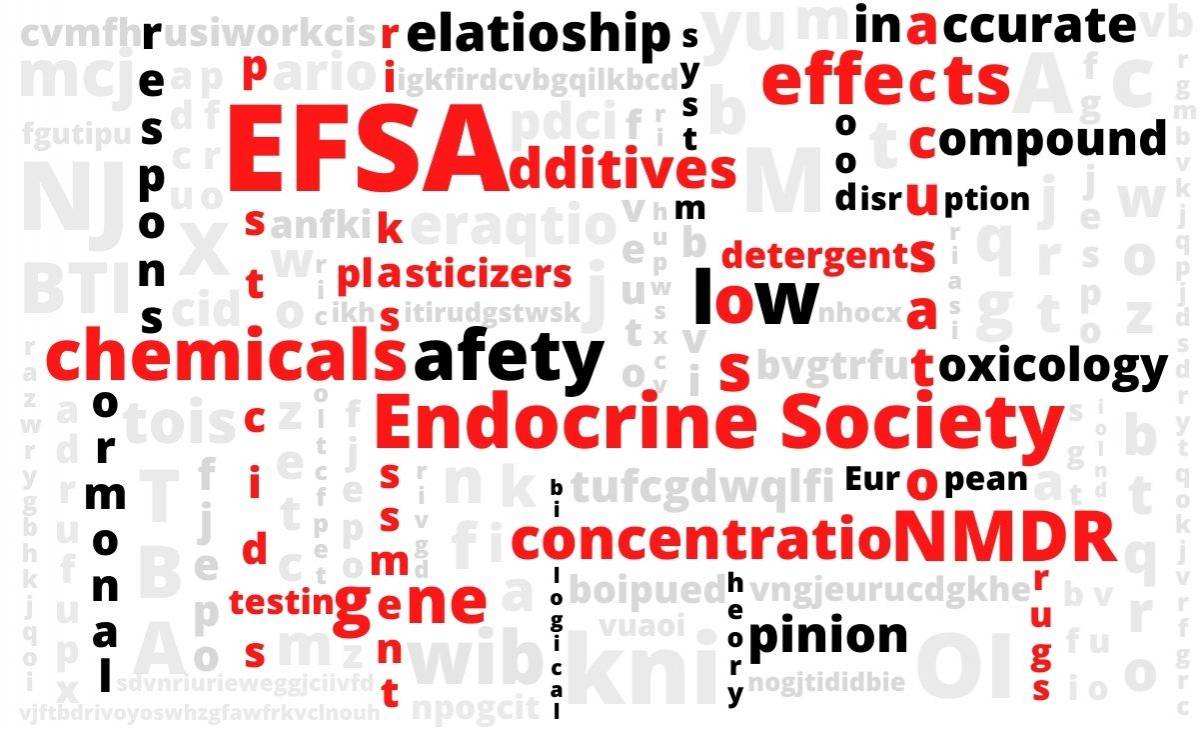EFSA has been accused of overlooking low-dosage effects of chemicals
The recent EFSA Scientific Committee Opinion draft on the biological plausibility of non-monotonic dose responses (NMDR) and their impact on risk assessment has been characterized as “inaccurate” by the Endocrine Society, a global community of 18 000 experts in the field of endocrinology and metabolism.
The NMDR theory goes against predictable or typical dose-response patterns which show that as the dose increases, so does the effect (monotonic). Instead, this theory considers the possibility that in some cases biological compounds may have unusual effects at very low concentrations. If some chemicals can turn genes on or off depending on the concentration, so the thinking goes, some genes that are silent at higher concentrations could become active at lower concentrations. Chemicals that could cause these low-concentration effects are ubiquitous in food and household items (e.g. pesticides, additives, plasticizers, detergents, etc.).
However, EFSA’s opinion about this thorny issue is questionable. EFSA’s experts assume that high-dose testing is sufficient for finding all relevant effects, following the principle that has guided toxicology risk assessment from the beginning: “the dose makes the poison”. Moreover, the NMDR theory is often treated like homeopathic theories, even if it is supported by a large scientific community.
Due to the complexity of the problem, EFSA is not closed-minded about the possibility of considering the NMDR theory. In fact, in a draft opinion, its experts admit that “For some biological effects a NMDR is clearly plausible and these cases are well covered by current risk assessment principles,” adding that EFSA will continue to further investigate those chemicals that may have “apparent” NMDR effects.
Sources:






















